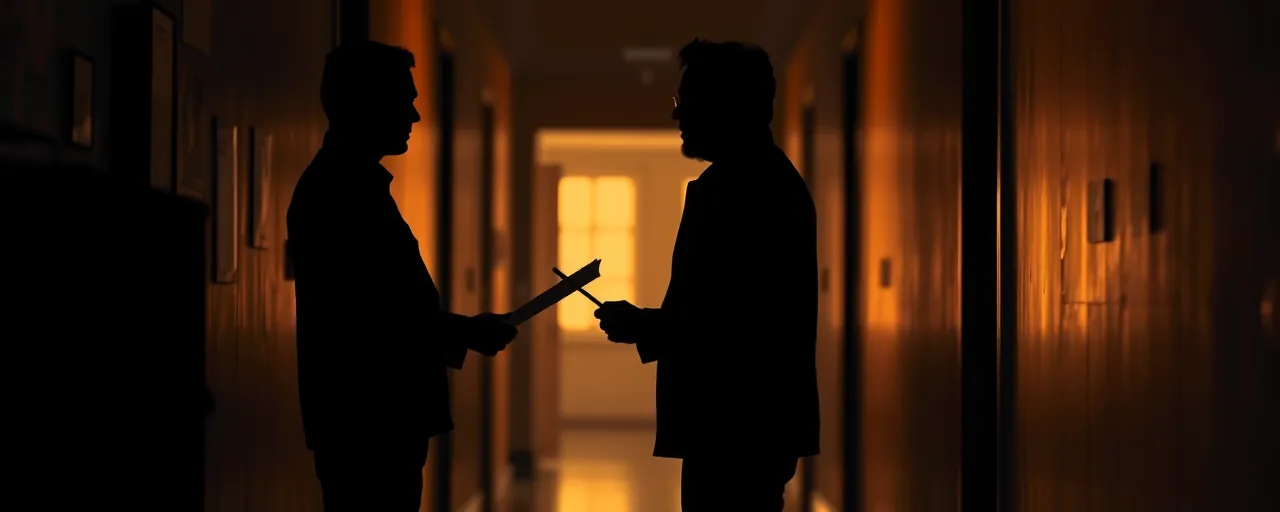A Wound That Won’t Heal
The 2018 and 2019 Boeing 737 MAX crashes in Indonesia and Ethiopia stole 346 lives, leaving families shattered and the world stunned. Now, Boeing teeters on the edge of a non-prosecution agreement with the U.S. Department of Justice, a move that could let the company sidestep a trial for its role in those tragedies. To those grieving, this feels like a slap in the face, a sign that corporate power trumps human loss.
The crashes stemmed from flaws in the 737 MAX’s design, flaws the Federal Aviation Administration missed. Understaffing and a troubling deference to Boeing weakened oversight, allowing defects to slip through. The question gnaws at us: how can a system meant to protect us fail so catastrophically and then offer the culprit an escape?
This case exposes a deeper truth. When corporations like Boeing negotiate their way out of accountability, they endanger everyone who flies. For readers new to these issues, the stakes are simple: without real consequences, companies have little reason to prioritize safety over profit.
Families Demand Their Day in Court
The families of the 737 MAX victims are fighting back with fierce resolve. Using the Crime Victims’ Rights Act, they won a 2022 Texas court ruling that gave them a voice in challenging Boeing’s earlier deferred prosecution agreement. Their efforts led to a public arraignment in 2023, a rare moment of corporate exposure. Now, they’re pushing to ensure this new non-prosecution deal doesn’t silence them.
Their advocacy has already reshaped Justice Department policy. New 2025 guidelines require prosecutors to consult victims before finalizing such agreements, a victory born of the families’ persistence. Yet, a lingering doubt remains: will their input truly sway the outcome, or is this just a gesture to quiet their outrage?
The current administration’s approach raises red flags. Its May 2025 Justice Department memorandum prioritizes ‘efficiency’ and ‘fairness’ to corporations, offering non-prosecution deals to cooperative companies. This philosophy, which worries about burdening corporate innovation, risks letting Boeing walk away with a wrist slap for 346 deaths.
A System in Crisis
Aviation safety in the United States has deep roots, from the 1926 Air Commerce Act to the FAA’s creation in 1958. But recent failures expose a system stretched thin. The FAA reported a 65 percent spike in serious air traffic control lapses in 2022–2023, with near misses piling up at major airports. A January 2025 Potomac River crash, where an American Airlines plane hit a military helicopter, revealed staffing so thin one controller handled the work of two.
These breakdowns reflect chronic underfunding and weak oversight. Advocates for tougher regulation demand a better-resourced FAA, free from industry influence. Yet, proposals like the Heritage Foundation’s Project 2025 argue for slashing agency power, claiming regulation stifles progress. Such views dismiss the lives lost when safety takes a backseat to profit.
Boeing’s case mirrors this decline. Its 2021 deferred prosecution agreement demanded $2.5 billion in fines and serious reforms. By May 2024, the Justice Department found Boeing’s compliance efforts wanting. If a company can’t fix itself after causing such loss, why does it deserve another chance to avoid trial?
A Call for Real Accountability
The vision for corporate accountability is rooted in a century of progress, from the 1906 Pure Food and Drug Act to the 1970 creation of OSHA. Today, that legacy demands stronger whistleblower protections, transparent settlements, and agencies empowered to penalize misconduct. These measures ensure corporations serve the public, not just shareholders.
Boeing’s potential non-prosecution deal betrays this vision. It suggests companies can bargain their way out of justice, even when their failures kill. The families of the 737 MAX victims deserve a trial to expose Boeing’s missteps fully. Anything less undermines faith in our courts and our safety.
The path forward is clear. The Justice Department must reject this deal and hold Boeing accountable in court. Congress should strengthen the FAA with funding and authority to enforce rigorous standards. For every family mourning, for every passenger trusting the skies, we must demand a system that puts lives first.
